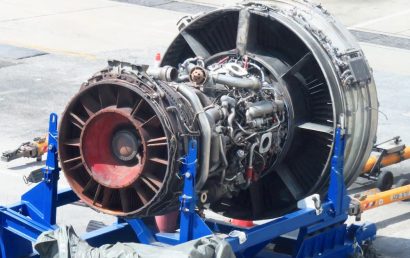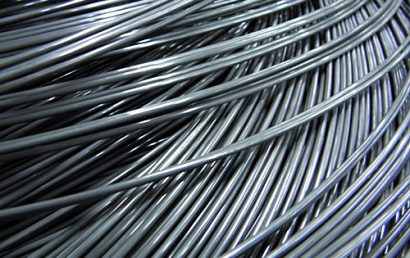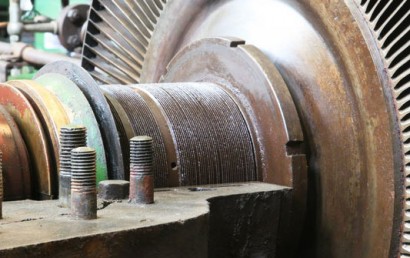Effective Ways To Combat Corrosion At Compressor Stations
Question: What causes most corrosion failures? Answer: Inappropriate configuration by the project and/or poor material choices are significant factors. Additionally, user carelessness ranks as one of the major causes of corrosion failure. How can the above-stated causes be avoided and what can be done about corrosion at compressor stations? Let’s take an in-depth look at some solutions that could be effective, depending on your industry and the application in which the “solution” is being utilized.
Solutions and Considerations for Compressor Stations
When looking at options for a particular project, the following factors should be considered:
- Retire the facilities
- Choose materials carefully
- Guard against water system corrosion
- Minimal use of insulating fittings
- As much as possible, avoid shielding and, for additional corrosion control, allow ample space
- Use proper inspection and coating application
- With the exception of ground rods, coat everything underground with the appropriate coating
Compressor Stations in Need of Retirement
Nothing lasts forever. That even applies to compressor stations. But retiring may not be enough. Complete removal and demolition may be necessary. Why pay for the protection of an abandoned building when that money could be put toward new and improved buildings, machinery, coating processes, etc.?
The Materials You Use
Throughout design, one of the most important aspects is the proper selection of materials. From a corrosion standpoint, here are two essential considerations:
- The environment and the material used should match as well as possible
- The use of dissimilar metals should be avoided
Corrosion Through Water Systems
Boiler water, piston water, jacket water, and other water systems should have, designed right into the system, corrosion monitoring provisions. These can include corrosion rate probes and coupons (in water systems, these measure corrosion by using copper, steel, and other metal, pre-weighted strips).
Fitting Insulation
Only when absolutely necessary should insulating fittings be used (i.e., unions, couplings, flanges, etc.). Insulating fittings should be held to a minimum. The reason being, though they solve some problems, they can often cause more.
Compressor Stations and Shielding
At many compressor stations, a major problem is posed by shielding. This could be described as, due to geometric configuration, the blocking of cathodic protection. Where buried metal concentration is high, and in congested areas, it’s difficult to provide ample cathodic protection. Material structures such as piping tend to shield cathodic protection currents. This means, for the buried structures needing protection, the protective currents may not be able to reach them all.
An Important Factor – Coatings
For the control of underground corrosion, one of the most essential considerations is the coating used. All underground metallic structures should be coated, generally speaking, aside from ground rods. Included here would be braces, air lines, conduit, water lines, tubing, control lines, gas piping, etc. Rather than coatings, in some cases, nonmetallic carriers can be used.
Count On A&A Coating For Corrosion Protection
When it comes to guarding against corrosion, companies everywhere turn to A&A Coatings. In fact, to protect a multitude of surfaces against erosion, corrosion, and undue wear, stress, and strain, our thermal sprayed coatings are used extensively in virtually every industry known to mankind. Contact us today if you want to find out what types of coatings and application methods we recommend for protection against corrosion. At A&A Coatings, we can be of invaluable assistance in guarding your parts, components, machinery, and various surfaces.



